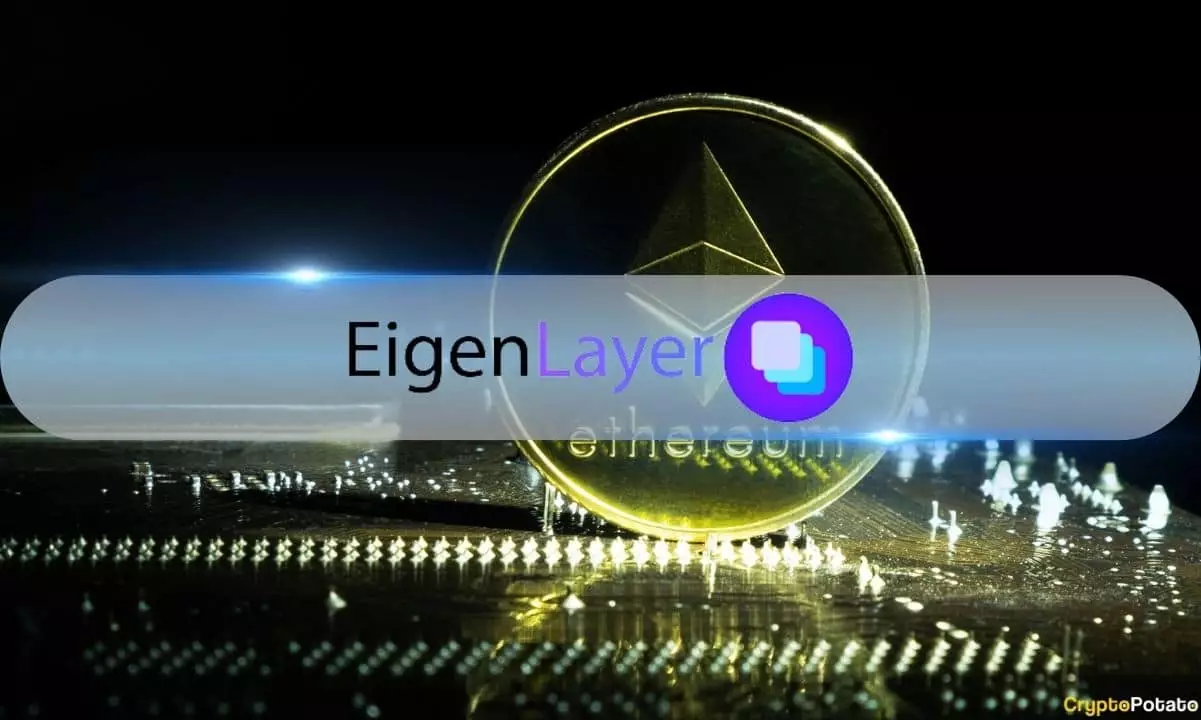In the rapidly evolving landscape of decentralized finance, accountability and operational efficiency are paramount. EigenLayer has recently announced its second EigenLayer Improvement Proposal (ELIP-002), a strategic initiative designed to reinforce these principles within its re-staking protocol. This proposal introduces a series of innovations focused on the penalization of operators who fail to uphold their service obligations, marking a significant advancement for the entire EigenLayer ecosystem.
At the heart of ELIP-002 is a slashing mechanism, a penalty system intended to deter negligence and enhance reliability among operators. Slashing will impose financial penalties on service providers who fall short in their commitments, whether due to computational errors or service interruptions. This critical feature not only serves as a punitive measure but also aims to build a culture of accountability within the network. By incorporating such a mechanism, EigenLayer is positioning itself as a robust framework where users can trust the performance of operators.
ELIP-002 doesn’t stop at slashing. It incorporates two innovative mechanisms: Unique Stake and Operator Sets. Unique Stake allows Application Verification Services (AVSs) to assign specific stakes to operators, tailoring penalties based on the severity of their failures. This differentiated approach means that not all failures are treated equally, thus allowing for a more nuanced enforcement strategy.
On the other hand, Operator Sets enable better management of operators through categorization into groups. This simplification facilitates the implementation of slashing rules across a variety of services, ensuring that the enforcement of compliance is consistent and effective. Together, these concepts aim to streamline operations while providing a clear framework for accountability.
The introduction of ELIP-002 not only enhances the internal workings of the EigenLayer ecosystem but also seeks to build trust among its users. By equipping AVSs with the necessary tools to reward exemplary service and penalize noncompliance, this proposal promotes a fair and reliable execution of its decentralized architecture. Moreover, EigenLayer is actively soliciting community feedback on this proposal, fostering an inclusive approach to protocol development. This openness to community engagement is critical in ensuring the proposal meets the expectations and needs of its users.
The importance of restaking goes beyond EigenLayer. It has surfaced as a pivotal model for blockchain security, allowing existing protocols to utilize restaked assets, thereby minimizing the need for launching native tokens. This structure lowers barriers for decentralized applications (DApps) while simultaneously cultivating innovation in the sector. Recent data from DeFiLlama indicates that the re-staking market holds approximately $27 billion in total value locked (TVL), with EigenLayer leading this trajectory by contributing over $18 billion.
As the Eigen Foundation pledges 1% of its EIGEN token supply to the Protocol Guild, a community focused on Ethereum Layer 1 research and development, it aligns closely with EigenLayer’s commitment to sustainability and security. By empowering more than 180 members across 29 teams, the Protocol Guild plays a crucial role in ensuring Ethereum’s resilience in the long run.
EigenLayer’s ELIP-002, with its integration of slashing, Unique Stake, and Operator Sets, marks a renewed focus on operational reliability and transparency in the blockchain ecosystem. As the landscape of decentralized finance continues to expand, initiatives like these illustrate the necessity for robust frameworks that prioritize accountability, innovation, and community engagement. This proposal not only sets the stage for EigenLayer’s growth but also underscores its commitment to enhancing the overall health of the Ethereum network.

